LearnLaunch: Boosting Boston EdTech
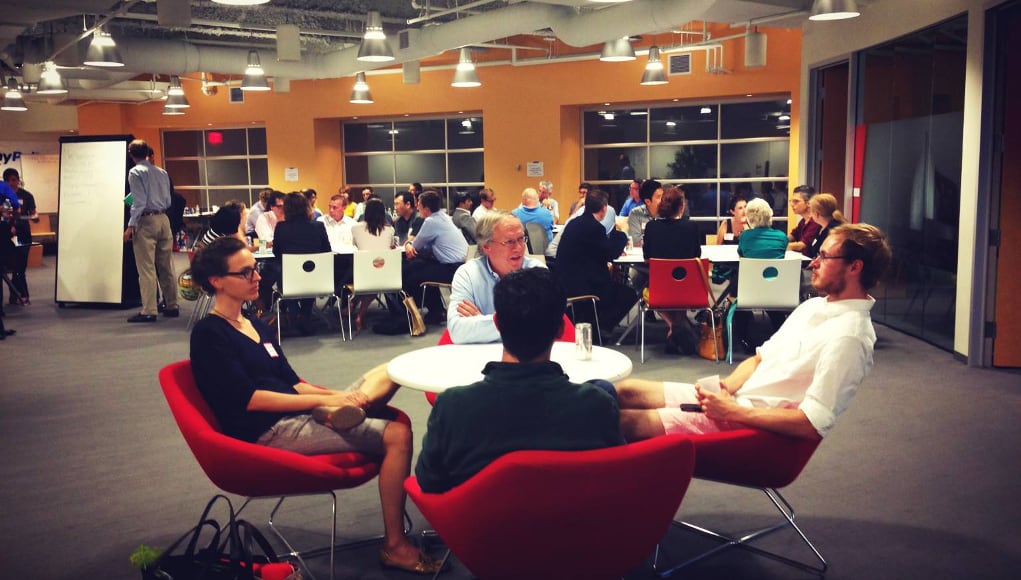
With some of the best universities in the world, Boston has been a top education city for centuries. Several publishers built a Boston base but it wasn’t until recently that Beantown emerged as the #4 EdTech hotbed (behind the Bay Area, NYC, and Chicago). A leading reason for the surge is LearnLaunch, perhaps the most successful education ecosystem catalyst to date.
In a three-year Smart Cities investigation, we concluded that skilling up fast is increasingly important to individuals, communities, and companies; and the key to quality learning–from preschool to job training–is a rich ecosystem that includes sustained leadership, aligned investment, talent development and incubation of tools and schools. Boston was pretty good on the first three and LearnLaunch provided a boost of inspiration and intermediation.
Why Boston EdTech is Blowing Up
LearnLaunch is dedicated to driving innovation and transforming learning by providing support for the creation and growth of edtech and learning companies in New England. LearnLaunch was founded in 2012 by its partners angel investor Jean Hammond; tech veteran Eileen Rudden; leading EdTech strategy and M&A advisor Mark Miller; serial edtech entrepreneur Hakan Satiroglu; and technology entrepreneur Vinit Nijhawan. It’s managing director, Liam Pisano, is an experienced hand at financial investment.
LearnLaunch now boasts a 6,000 person EdTech community and three dozen companies that have graduated from the Accelerator program. It implements a three-pronged approach that includes a selective accelerator program, a collaborative co-working space and educational events for the edtech community:
1. LearnLaunch Accelerator. After a highly selective application process, the LearnLaunch Accelerator program provides the most promising edtech startups worldwide with seed funding, a team of mentors, intensive coaching and the necessary tools to grow a successful edtech startup (the next round of applications are slated for acceptance this summer).
The Accelerator program offers two programs annually, customized to the edtech entrepreneur:
- Boost Accelerator Program: A three-month residential program held each spring designed to help early stage entrepreneurs successfully grow their startups. It’s open to six to ten companies per cohort and offers up to $70K investment (a $20K investment for 6% at start of program, and an additional $50K Convertible note if milestones are hit).
- Breakthrough Accelerator Program: A distilled four-week bootcamp in the fall designed to help edtech companies that post seed funding stage but pre-series A. There are four to six companies per cohort and up to $120K offered for investment.

2. LearnLaunch Campus. Boston’s only collaborative co-working space dedicated to edtech startups is home to more than 30 edtech companies and 100 edtech entrepreneurs. The Campus allows aspiring edtech entrepreneurs to join a community of companies seeking to transform education and fosters collaboration through community events, peer learning and office hours.
The building itself offers enterprise-grade internet access, 24/7 building access, a fully loaded kitchen and meeting spaces range from conference rooms to a lounge outfitted with couches and comfortable chairs. The Campus is in the McGraw-Hill Education building, located next to several large digital learning companies including Pearson, Houghton Mifflin Harcourt and down the street from Cengage Learning.

3. LearnLaunch Institute. The Institute is a non-profit dedicated to increasing student achievement through the adoption of digital technologies. It connects educators, entrepreneurs, learners, investors and industry affiliates in the education innovation ecosystem through support services, conferences, meetups and classes each year, including:
- The “Across Boundaries” conference, which convenes the education innovation community around compelling topics chosen to drive the sector forward.
- Its 35-45 annual events including meet-ups, classes, pitch competitions and panel discussions on ed sector trends.
- A newsletter with over 7,000 subscribers.
- The supporting of six Boston public schools in their adoption of personalized and blended learning through an initiative funded by the Gates Foundation – MASSNET (Massachusetts School Network Edtech Testbed). The goal is to engage teachers in evaluating software in a way that excites them, and build knowledge that can be shared with product developers and other educators.
- Connecting edtech entrepreneurs with educators and vise versa through events such as the annual October MassCue Technology Conference and the LearnLaunch EdSurge Tech for Schools Summit, where teachers get to test and interact with new innovative products.

EdTech Update
At the recent LearnLaunch conference (add it your list of must-attend conferences), I provided a little context on the strange dual frame of the last two decades–the shift to digital and standards-based reform. It was a little like having two sets of carpenters start on opposite sides of your new home with different blueprints. Despite optimism from both camps, neither plan worked out as well as hoped–a lesson in unintended consequences and intellectual humility.
Other lessons and observations:
- For most, learning is activated in relationship
- The tools aren’t transformative, it’s the learner experience
- Personalized learning is promising….but complicated. DIY is like brain surgery and rocket science combined. Most schools benefit from a partner, a network, or a really well led school district.
- Progress on mastery (competency-based education) is inevitable…but even more complicated–it’s probably a generational shift.
- New school models take inspiration, incubation, intermediation
We discussed ways the employment landscape is changing: more project-based, more rapid change and more complexity. We considered life in the platform revolution and why and how learning platforms are lagging consumer tools.
Given the level of change young people will experience, we discussed strategies for introducing more novelty and complexity to develop design thinking and navigational skills.
We looked into the crystal ball at likely learner experience developments including more PBL and maker, microcredentials, AR and VR, comprehensive learner profiles and smart recommendations.
For more see:
Stay in-the-know with all things EdTech and innovations in learning by signing up to receive the weekly Smart Update.

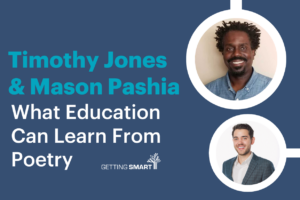

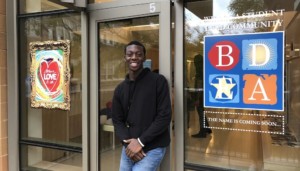
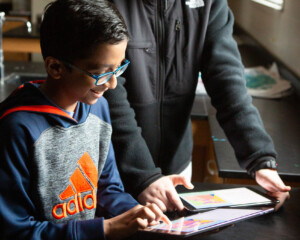
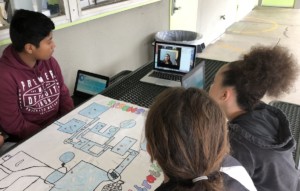
0 Comments
Leave a Comment
Your email address will not be published. All fields are required.